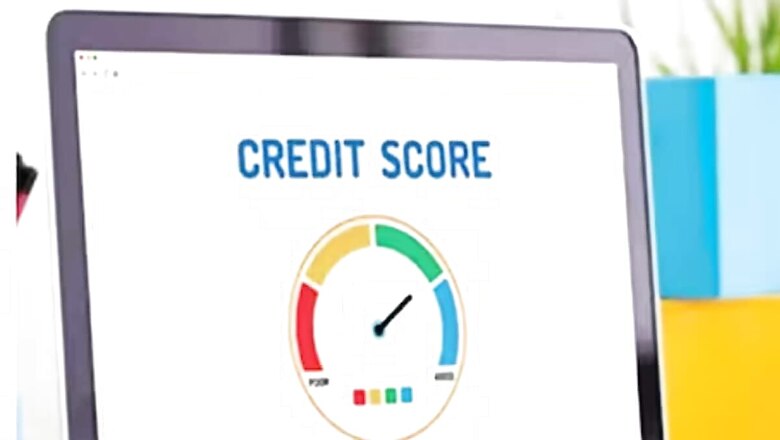
views
A good CIBIL score or any other credit score is extremely important in order to get loans. It is necessary to keep your CIBIL above 750. Below this, it is likely that your loan application will be rejected. CIBIL score ranges between 300 and 900. The greater, the better. Here are reasons for a low CIBIL score, and how you can improve your CIBIL score if it is low.
Reasons for Low CIBIL ratings?
Lower CIBIL ratings stem from various creditworthiness factors:
Late Payments or Defaults: Missing a payment or loan default decreases your score.
High Credit Utilisation: Often, full credit limit utilization is a lead indicator of financial stress.
Limited Credit History: Short history may hinder assessment.
Mix of Credit Types: Diverse credit usage across loans & cards is beneficial.
Multiple Loan Applications: Frequent application raises questions on financial stability/distress
Public Records and Negatives: Bankruptcies, tax issues harm scores.
Settlements: Settlements impact your score.
Frequent Balance Transfers: Transfer indicates some form of distress
Geographical Location: Place of residence/work can harm or help the score (negative list etc).
“The weight of each factor may vary based on individual circumstances and the credit scoring model used. To improve your credit score, focus on making timely payments, reducing credit utilisation, maintaining a diverse credit mix, and addressing any errors on your credit report,” said Deepabh Jain, chief operating officer (mortgages & loan against gold) of Fincare SFB.
Vivek Chopra, chief operating officer (retail finance) of Tata Capital, said, “Credit score may plunge due to varying reasons – from defaults to high credit utilisation, and multiple inquiries to an imbalanced mix of loans.”
How to Improve CIBIL Score?
Improving your CIBIL score requires consistent responsible financial practices. Here’s how to enhance your creditworthiness:
Check your credit report: Identify errors affecting your score.
Pay bills on time: Set reminders for timely payments.
Reduce credit utilisation: Aim for sub-30% credit card usage.
Diversify credit mix: Deploy varied credit types.
Avoid multiple applications: Limit too many applications in a short period.
Use secured credit: Rebuild with secured options.
Address debts: Pay off outstanding balances.
Budget and plan: Prioritise debt repayment and savings.
Be patient: Positive habits yield gradual results.
Fincare SFB’s Deepabh Jain said gradual improvement stems from responsible financial behaviour and wise credit management. Over time, this effort raises your CIBIL score, providing better prospects for obtaining credit.
“Your score can improve even if you are a new borrower as your score grows over time. We recommend customers to stay vigilant, pay on time, limit loan inquiries, secure mix of borrowing, and report inaccuracies – remember your bureau score is your financial key,” Tata Capital’s Vivek Chopra said.
How To Check CIBIL Score Free Online
CIBIL provides one report a year without any charge and it can be checked online. Following are the steps through which you can check the CIBIL score:
1) Go to the official CIBIL website https://www.cibil.com/
2) Select ‘Get your CIBIL Score’
3) Click on ‘Click here’ to get your free annual CIBIL score
4) Type in your name, e-mail ID, and password. Attach an ID proof (passport number, PAN card, Aadhaar or Voter ID). Then enter your PIN code, date of birth, and also your phone number
5) Click on ‘accept and continue’
6) You will get a one-time password (OTP) on your registered mobile number. Type in the OTP and select ‘Continue’
7) Select ‘go to dashboard’ and check your credit score
8) You will be redirected to the website, myscore.cibil.com
9) Click on ‘member login’ and once you log in, you can see your CIBIL score.
(Replugging the story published on August 27, 2023)


















Comments
0 comment